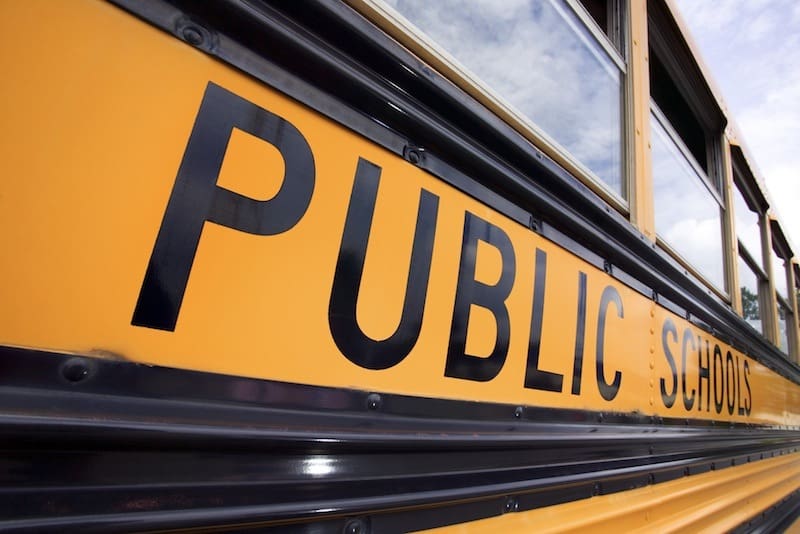The Texas public school finance system is due for some renovations. And we need raw material to get the job done.
As the Texas Public School Finance Commission debates changes to how we fund our schools, commissioners also need to consider how to find the money needed to support public education.
Here are some suggestions:
Scrub the tax code to remove outmoded or wasteful exemptions
There are several places in the state tax code where lawmakers could find additional revenue. For instance, the “high-cost” special treatment for natural gas production reduces the tax rate of costly gas wells. Lawmakers created the exemption in 1989, when the natural gas industry was weak and needed incentives to expand drilling. But now the natural gas industry is strong and the incentive, which cost the state $368 million in lost revenue in 2017, is no longer needed. Lawmakers should repeal it in 2019.
Similarly, school districts can grant a local percentage homestead exemption of up to 20 percent, in addition to the statewide school homestead exemption of $25,000. A homestead exemption is a tax break for a homeowner’s primary residence. Lawmakers created the local-option exemption in 1981, when the current appraisal system began and all property was, for the first time, appraised at its full market value. The intent was to cushion the “sticker shock” felt by homeowners by their newly increased appraisals. But the transition to a new system is long over, and lawmakers should repeal the exemption, which cost the state $636 million in 2017.
Modernize the sales tax
The sales tax is the largest source of tax revenue for the state, so it is key to providing sufficient support for our schools. Lawmakers approved the sales tax in 1961, and it still largely reflects the manufacturing economy of the 20th Century. The modern economy is a service economy, and lawmakers should update the sales tax to include the many business and professional services that are currently excluded from the sales tax. These include such services as lawyers, accountants, and stockbrokers – all of which benefit from public services and should therefore pay their fair share. Taxing these services (except those that are health-care-related) could have generated $3.4 billion in 2017.
Bring tax rates up to date
Many state taxes still have rates set decades ago and have not been updated to reflect inflation. For instance, the tax rates on beer and other alcoholic beverages have not been changed since 1984, when they were raised to help pay for previous, important school finance reforms. Similarly, lawmakers last increased the state gasoline tax (20 cents per gallon) back in 1991, when gas cost just $1.00 a gallon. Raising alcohol, gasoline, and diesel taxes by 50 percent could have increased state revenue by $1.9 billion in 2017.
Texans pay taxes forward, not for immediate exchanges for public goods, but so we can have them available in the future. As our children grow and public education needs change, we all participate in this system of forward exchange. Texas businesses benefit from the taxes our parents and grandparents paid in the past through highways to move products and an educated workforce. We should all support budgets that plan for the needs of the future.
We encourage the Texas Public School Finance Commission and lawmakers to consider these methods for raising revenue to support public schools.
